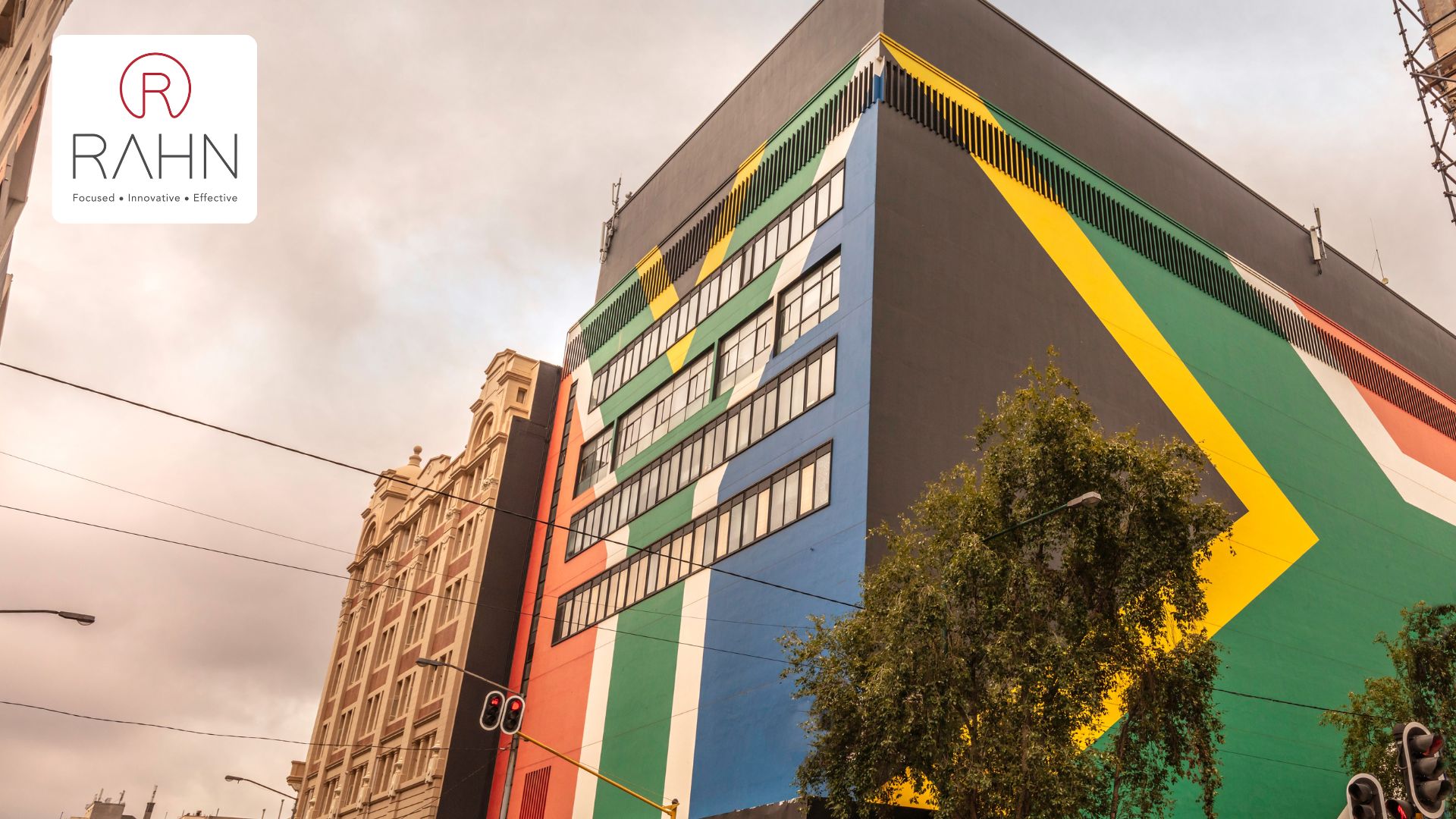South Africa is off the Grey List! What now?
South Africa is now off the Grey list
In February 2023, South Africa was placed on the FATF Grey List , a global watchlist for countries with deficiencies in tackling money laundering and terrorist financing. This move sent a ripple through the economy, financial sector, and investor confidence. Now, as of October 2025, we’re officially off the Grey list, marking a major turning point for the country.

But what did Grey Listing really mean for South Africa? What’s next? And how do we make sure we never land there again?
What Is the FATF Grey List?
The Financial Action Task Force (FATF) is a global watchdog that sets standards for anti-money laundering (AML) and counter-terrorist financing (CTF). The Grey List is FATF’s way of flagging countries with “strategic deficiencies” in these areas.
Being Grey Listed doesn’t mean a country is blacklisted or completely cut off, but it does signal to investors, banks, and global markets that there are serious compliance issues. And that has real consequences.
How the Grey List Affected South Africa
South Africa’s inclusion on the Grey List had wide-reaching effects:
- Investor Confidence Dropped – The label suggested weak financial oversight, making global investors think twice. Some pulled back capital, while others added risk premiums to new investments.
- Banking Became More Complex – Local banks and businesses faced stricter due diligence from international counterparts. Cross-border transactions slowed down. Compliance costs surged.
- Reputational Damage – Being seen as a high-risk jurisdiction made it harder to negotiate international partnerships and finance agreements. South Africa’s image as a gateway to Africa took a hit.
- Regulatory Pressure Increased – To get off the list, South Africa had to implement over 20 urgent reforms and fast. That meant pressure on regulators, institutions, and businesses to overhaul AML/CTF systems.
What It Means Now That South Africa Is Off the Grey List
South Africa’s removal from the Grey List is a major win. Here’s what it opens up:
- Improved Investor Sentiment – foreign investors now see South Africa as less risky, which could bring renewed capital flows and better credit ratings.
- Easier Cross-Border Transactions – South African banks and businesses will face less scrutiny from global financial institutions, reducing delays and costs.
- Rebuilt Reputation – It signals that we’ve taken serious steps to align with international standards which helps in everything from trade deals to tourism.
- Policy Momentum – Staying off the list means keeping the reforms going. The frameworks are in place now it’s about sticking to them.
How South Africa Can Stay Off the Grey List
FATF may have cleared us, but we’re not off the hook forever. To avoid sliding back, we need ongoing action:
- Strengthen Enforcement – We must continue prosecuting financial crimes not just passing laws, but ensuring they’re applied. The National Prosecuting Authority (NPA) and Hawks need real teeth.
- Improve Beneficial Ownership Transparency- Anonymous shell companies are a red flag. We need accurate, accessible records of who really owns what especially in sectors like mining, real estate, and procurement.
- Better Monitoring of High-Risk Sectors- Regulators must keep a close eye on casinos, cryptocurrency platforms, estate agents, legal firms, and others at higher risk of money laundering.
- Consistent Political Will – Anti-corruption efforts can’t stall with leadership changes or political cycles. Staying FATF-compliant must be beyond politics.
A New Chapter for South Africa
Getting off the FATF Grey List is more than a checkbox it’s a statement. It says South Africa is open for ethical business, committed to transparency, and serious about financial integrity.
But staying off the list requires consistent effort from government, regulators, the private sector, and every compliance officer in between.
South Africa has done the hard part. Now, let’s keep the momentum going

